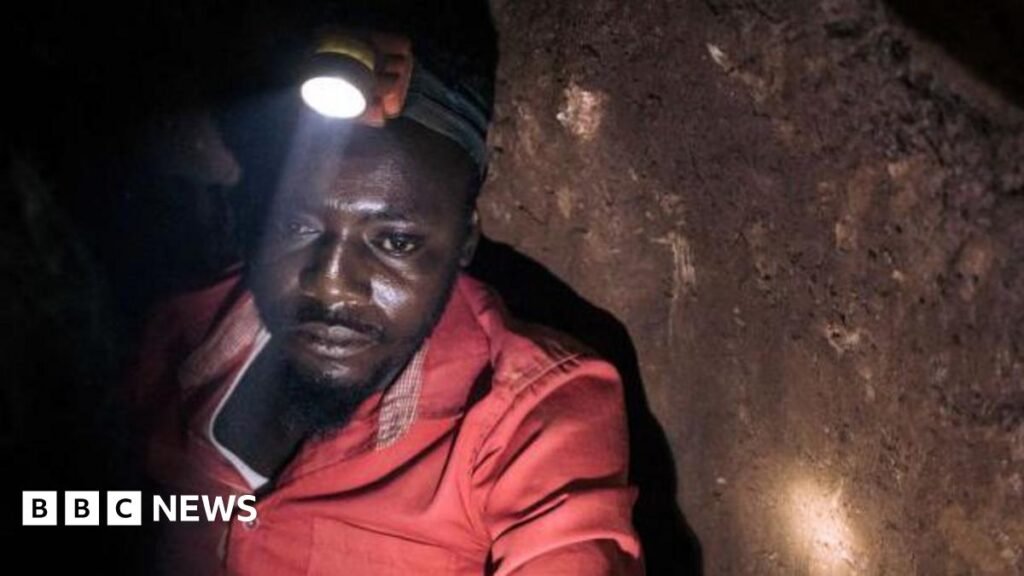In the statement, externalDR Congo lawyers said Apple’s supply chain was contaminated with “blood minerals”.
They claim that tin, tantalum and tungsten are sourced from conflict areas and then “laundered through international supply networks”.
“These actions fueled a cycle of violence and conflict by funding militias and terrorist groups and contributed to forced child labor and environmental destruction.”
Apple did not respond to the BBC’s request for comment, but in its report to the US Securities and Exchange Commission detailing its actions on the issue in 2023, the company highlights the steps it has taken to ensure it does not use conflict minerals.
“While Apple does not directly buy, procure or mine primary minerals, we strive to meet and exceed internationally accepted due diligence standards for primary minerals and recycled materials in our supply chain,” it said.
As a result, everyone involved in the supply chain must participate in an “independent third party conflict minerals audit.” Apple said it had removed 14 “smelters and refineries” in 2023 that either didn’t want to participate or didn’t meet responsible sourcing requirements.
Eastern DR Congo is a major source of minerals, and the world’s thirst for them has fueled wars there for decades.
Human rights groups have long argued that large amounts of minerals from legitimate mines, as well as from facilities run by armed groups, are transported to neighboring Rwanda and end up in our phones and computers.
In the past, Rwanda has described the Congolese government’s legal action against Apple as a media stunt.
He denies selling the technology company any conflict minerals.

